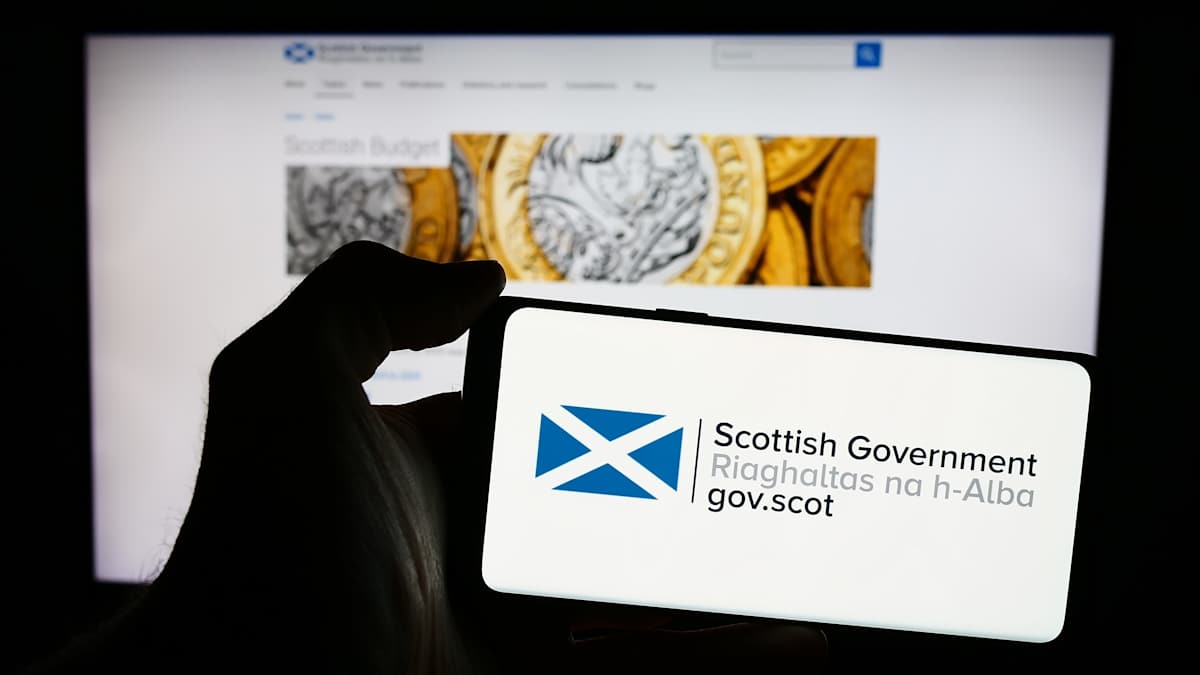Scotland's digital identity initiative, ScotAccount, has officially rolled out its public beta, opening the doors for a broader audience to evaluate the government service.
On July 14th, the Scottish government [1] announced the ScotAccount service enables users to authenticate their identities and gain access to various public services. Individuals can confirm their identity within the app by submitting a photo ID. For those who do not possess a photographic ID, the platform offers the option to answer security questions. Additionally, the ScotAccount team indicated that they are looking into vouching as an alternative method for identity verification. “During the early stages of beta, we worked closely with a small group of service providers to test functionality, identify issues, and gather targeted feedback,” the announcement states. “We have also, to date, had over 1,000 people take part in user research, helping us shape a service that works for a wide range of needs.”
ScotAccount is making a significant shift by moving away from third-party software providers and developing an in-house team. Launched [2] in 2023 in partnership with Disclosure Scotland, the platform allows employers to verify criminal records and additional information. Since its inception, ScotAccount has broadened its reach to include other public services, such as the Witness Gateway, which provides witnesses with online access to case information. David Duncan-Fraser who is the Service Lead of ScotAccount Operations said, “If the identity check is successful, the applicant will be able to view the results of their PVG application online. It means that Disclosure Scotland does not need to post a certificate to them. This cuts down on manual processing, postage costs, and can speed up recruitment for positions that require a PVG check.The pilot is providing us with valuable insight into how ScotAccount performs in a live environment and is informing how we prioritise service improvements.”
In 2024, ScotAccount [3] revealed that it was exploring the possibility of interoperability with GOV.UK One Login. This initiative aims to provide users with seamless access to both Scottish and UK public services. Trudy Nicolson, the programme director for the Scottish Government’s digital identity initiative, reports that a majority of users are choosing to store their information, indicating an increasing acceptance of the service. “Working initially with Disclosure Scotland, ScotAccount has enabled people to access their disclosure results online. More recently, ScotAccount has assisted the Crown Office and Procurator Fiscal Service to introduce their new Witness Gateway, giving victims and witnesses the option to access their case information online for the first time,” said Nicolson.
The Scottish Government is [4] also looking to modernize its postal communication by transitioning to a digital platform using CivTech. This initiative will allow users to access all official communications from the government in one centralized location, facilitating self-service options with better accessibility and promoting digital literacy. The new solution will integrate with existing digital identity and payment services and is part of a broader effort to expand the range of public services available online. CivTech [5] said on its official website, “Across Scotland, public and third sector organisations have real problems they need to solve. With budgets under pressure and rising demand straining services, the need for smart and efficient solutions is ever greater and the public sector is increasingly aware that innovation is a good way to create them. The Scottish Government is also committed to ensuring that a large part of its tech spend goes to small, innovative businesses. This is where CivTech comes in.”
However privacy advocates [6] have expressed concerns of potential Big Brother implications, worrying that the system could gradually be imposed as mandatory. Madeleine Stone of Big Brother Watch said, “Digital identity systems are a honeypot for criminals and hackers. These plans could give the Scottish government free rein to build huge population wide-datasets and to share the personal information of millions of users between government departments. We urgently need a legal right to non-digital ID, otherwise such schemes could become a mandatory ID system in all but name, disadvantaging the millions of people in this country who rely on physical documents and letters, and cannot or choose not to use digital identity systems.”
